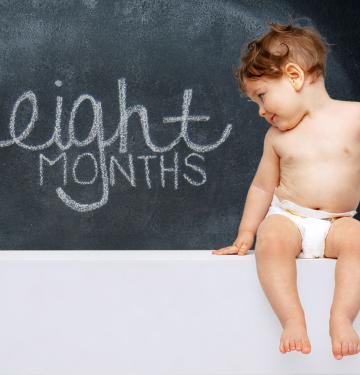Homepage Content
New & Popular Topics
Top Reads

Use This Cake Serving Size Chart to Ensure Everyone Gets a Slice
Parties

Handy Wood Floor Cleaner Recipes That Really Work
Cleaning

How to Respond When Someone Asks Why You're Still Single
Relationships

Fun Birthday Nail Ideas That Celebrate You
Style

5 Reasons Your Sod Is Turning Yellow & How to Fix It
Garden

Crazy Hair Day Ideas That Are Kid & Mom Approved
Kids

Tips & Templates to Plan an Exciting Scavenger Hunt
/
Kids

Spring Facts That Kids Will Love to Learn
/
Kids

New Moms Will Love This Simple Baby Feeding Chart
/
Baby

Future-Forward Journal Prompts for Teens
/
Teens

Twin Birthday Party Themes for Your Dynamic Duo
/
Parties

Spring Engagement Photo Ideas You'll Both Love
/
Weddings

Alternative Birthday Desserts Better Than Cake
/
Parties

What Colors Should You Wear (& Avoid) at a Wedding?
/
Weddings




















